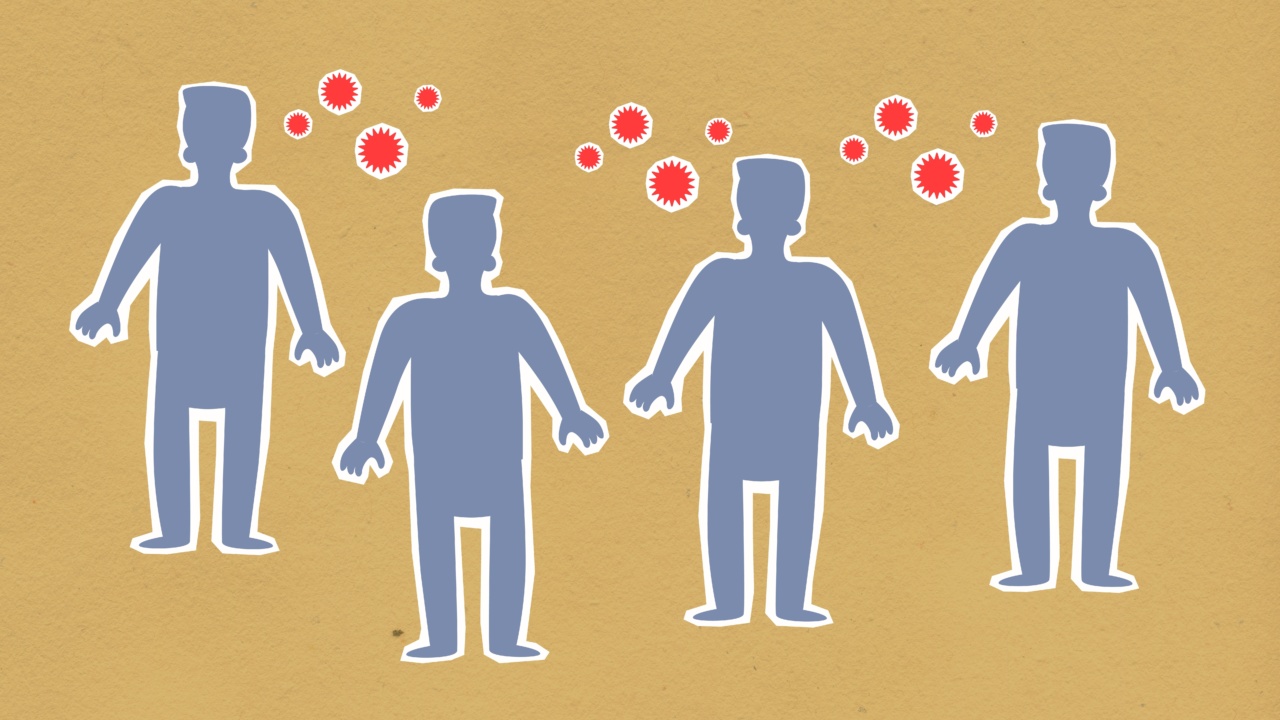Push-ups are considered one of the most simple and effective exercises to maintain overall fitness. The exercise mainly targets the upper body and helps in building strength and endurance in the chest, shoulders, and arms.
However, recent research has suggested that the number of push-ups a person can do might be linked to his/her heart health. A study conducted by researchers at the Harvard T.H. Chan School of Public Health found that men who can perform at least 40 push-ups have a significantly lower risk of heart disease compared to men who can do fewer than 10 push-ups.
The study has also highlighted that being able to perform more than 40 push-ups can lower the risk even further.
How Does Push-Ups Affect Heart Health?
Push-ups are a form of resistance training, which increases muscle strength, endurance, and overall fitness.
The exercise mainly targets the chest, shoulders, and arms, but also requires activation of the core stabilizer muscles to maintain a straight body position. During push-ups, the muscles contract and squeeze the blood vessels, leading to increased blood flow. This, in turn, improves the health of the cardiovascular system, which includes the heart and blood vessels.
Furthermore, push-ups help in maintaining a healthy weight, reducing inflammation, and improving metabolic health, which are all essential factors preventing heart disease.
Relationship Between Push-Ups and Heart Disease
The Harvard T.H. Chan School of Public Health study involved 1,104 male firefighters who were subjected to regular physical exams between 2000 and 2010.
The study followed the participants for ten years and recorded the incidence of cardiovascular disease among the group. The researchers found that men who could do more than 40 push-ups were 96% less likely to develop heart disease than those who could do less than ten push-ups.
Similarly, the study found that men who could perform between 11-20 push-ups had a 64% lower risk of cardiovascular disease, and those who could do 21-30 push-ups had a 51% lower risk.
One possible explanation for the correlation between push-ups and heart health is that the exercise is an indicator of upper body strength and muscle mass, which are associated with overall fitness and lower body fat.
Also, push-ups can help identify the early onset of heart disease as it is an inexpensive and straightforward exercise that can be done anywhere without the need for any equipment.
Other Factors Affecting Heart Health
While push-ups have been shown to have a positive effect on heart health, there are other factors that play a crucial role in maintaining a healthy heart. These include:.
- Physical Activity: Regular exercise, including cardio and strength training, helps to improve heart health, lower blood pressure levels, and maintain a healthy weight.
- Diet: A healthy and balanced diet that is low in saturated and trans fats, cholesterol, and sodium is essential for maintaining a healthy heart.
- Stress Management: Chronic stress can lead to high blood pressure, heart disease, and other health problems. Practicing relaxation techniques such as meditation, deep breathing exercises, and yoga can help manage stress levels.
- Avoid Smoking: Smoking significantly increases the risk of heart disease, stroke, and other health problems. Quitting smoking is essential for maintaining a healthy heart.
- Maintain Healthy Blood Pressure and Cholesterol Levels: High blood pressure and cholesterol levels can significantly increase the risk of heart disease. Regular check-ups can help maintain healthy levels.
Conclusion
Push-ups are an effective form of exercise that can help improve overall fitness and maintain a healthy heart. The study conducted by the Harvard T.H.
Chan School of Public Health indicates that push-ups can be a useful tool for assessing heart health and predicting the onset of cardiovascular disease. However, it is important to remember that push-ups alone cannot guarantee a healthy heart.
Maintaining a healthy lifestyle that includes regular exercise, a healthy diet, stress management, and avoiding smoking is essential for overall health and long-term well-being.































